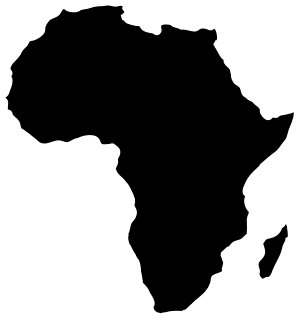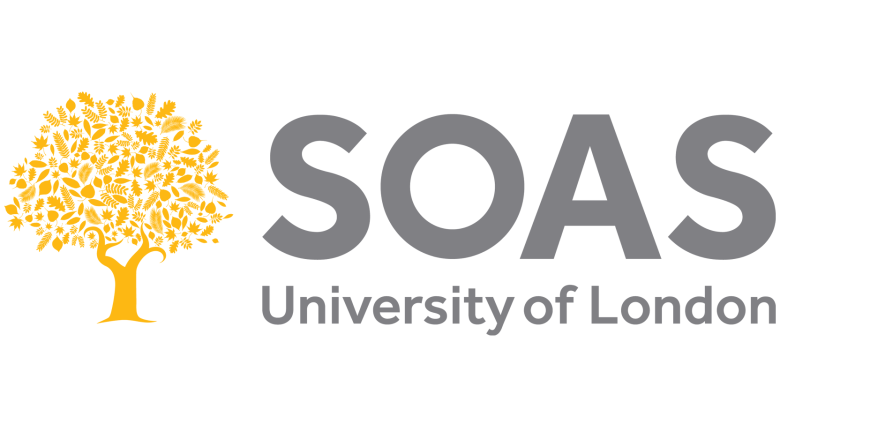Many of our webpages are available in English, French and Portuguese. Language options are accessible via a dropdown menu at the top of the screen.
The International African Institute (IAI), hosted at SOAS University of London, aims to promote the scholarly study of Africa's history, societies and cultures. The institute realizes its aims primarily by means of scholarly publishing. Read more about us.
For a recent account of the IAI' s inception and development written by a Member of Council, see 'The International African Institute: historical notes'.
The IAI publishes the long established and prestigious journal, Africa, the Journal of African Cultural Studies the annual Africa Bibliography, Research and Documentation, the International African Library series, the African Arguments series, and the Urban Africa Book Series.
The IAI is not able to invite external applications for funding. However, from time to time the Trustees allocate specific sums on application to the Institute’s journal editors to contribute towards the participation of scholars, usually based in Africa, in events such as conference panels or workshops, and other activities associated with the Institute’s journals. Distribution of these allocated funds to specific individuals is at the discretion of the Institute's editorial team.
Muitas das nossas páginas web estão disponíveis em inglês, francês e português. As opções linguísticas podem ser acedidas através do menu suspenso no topo do ecrã.
O Instituto Internacional Africano (IAI), sediado na SOAS Universidade de Londres, visa promover o estudo académico da história, sociedades e culturas da África. O instituto realiza os seus objetivos principalmente através da publicação académica. Leia mais sobre nós.
O IAI publica a prestigiosa e há muito estabelecida revista África, o Journal of African Cultural Studies, o anuário Africa Bibliography, Research and Documentation, a série International African Library, e as séries African Arguments e Urban Africa .
O IAI não tem condições de convidar candidaturas externas para financiamento. No entanto, de tempos em tempos, os administradores atribuem montantes específicos, a pedido dos editores da revista do Instituto, para contribuir para a participação de académicos, geralmente residentes em África, em eventos como painéis de conferências ou workshops, e outras actividades associadas às revistas do Instituto. A distribuição destes fundos atribuídos a indivíduos específicos fica ao critério da equipa editorial do Instituto.
Un grand nombre de nos pages web sont disponibles en anglais, en français et en portugais. Vous pouvez accéder aux options de langues à partir d’un menu déroulant situé dans la partie supérieure de l’écran.
L’Institut africain international (IAI), hébergé à l’École des études orientales et africaines (SOAS) de l’Université de Londres, vise à promouvoir l’étude savante de l’histoire, des sociétés et des cultures d’Afrique. L’IAI poursuit ses objectifs principalement par la publication de revues savantes. Pour en savoir plus, cliquez sur ce lien : L’IAI.
L’IAI publie la revue de renommée établie Africa, la revue Journal of African Cultural Studies, la bibliographie annuelle Africa Bibliography, Research and Documentation, la série International African Library, la série African Arguments et la série Urban Africa Book Series.
L’IAI n’est pas en mesure d’inviter à présenter des demandes externes de financement. En revanche, le Conseil d’administration de l’IAI attribue parfois des sommes spécifiques, sur demande faite aux rédacteurs des revues de l’Institut, pour contribuer à la participation de chercheurs (généralement basés en Afrique) à des événements tels que panels de conférences ou ateliers, et autres activités associées aux revues de l’Institut. La distribution des fonds alloués à des personnes spécifiques est à la discrétion de l’équipe éditoriale de l’Institut.
NEWS
The URBAN AFRICA Book Series
The URBAN AFRICA Book Series, published by UCL Press and the International African Institute, provides a platform for critical, in-depth analysis of key contemporary issues affecting urban environments across the African continent.
The series tackles the most important issues of the day, such as demographic change; climate change; increasing mobility; major infrastructure investments. It fosters transdisciplinary perspectives, with strong links to all areas of research prominent in urban studies, notably human geography, architecture, ethnography, anthropology, sociology, environmental studies, urban planning, politics and development.
Read more >>
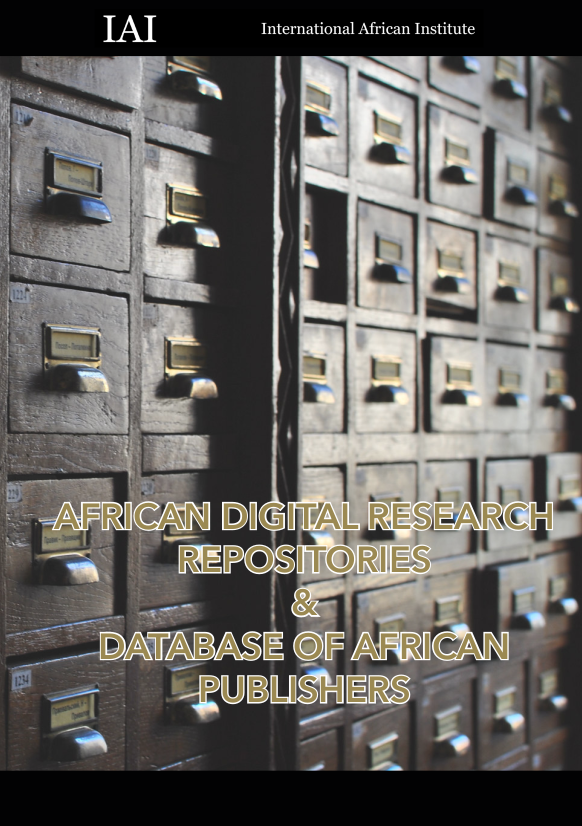 African Digital Research Repositories & Database of African
Publishers.
African Digital Research Repositories & Database of African
Publishers.
To gain a better sense of the existing institutional repository landscape in
Africa, the International African Institute (IAI) has collated and published on
its website a list of all known institutional repositories, which can be found at
internationalafricaninstitute.org/repositories.
You can also view the pamphlet
NEW TITLES
Urban Displacement and Trade in a Senegalese Market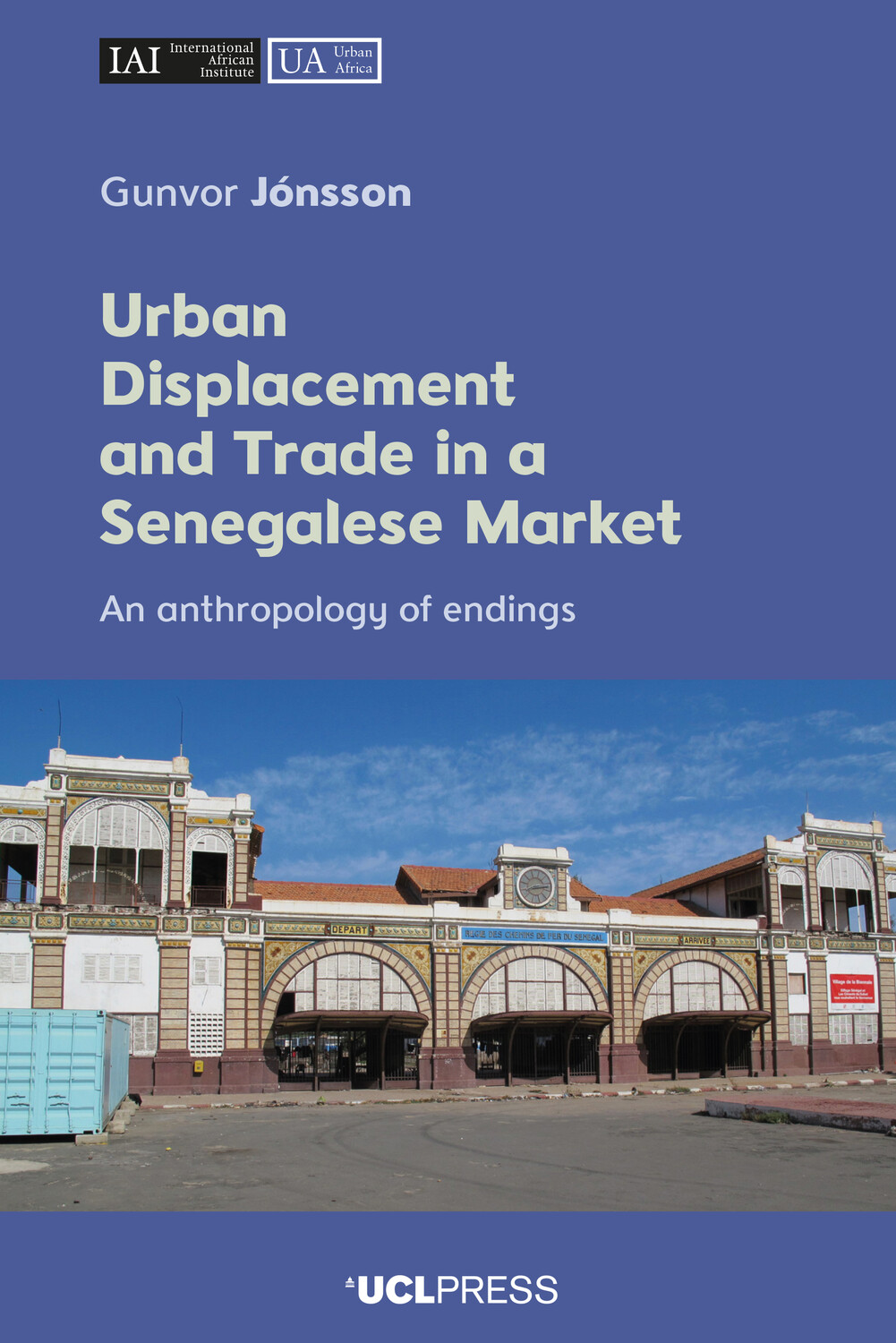
An anthropology of endings
Gunvor Jónsson
The Malian market at the railway terminus in Dakar was bulldozed in 2009 and, following privatisation of the railway, passenger services in Senegal soon ceased altogether. The consequences were felt especially by women traders who had travelled the line since its inauguration, making the terminus in Dakar the centre of a thriving network of traders and migrants. To examine the fates of those whose livelihoods were destroyed or disrupted, Gunvor Jónsson spent a year with the women evicted from the terminus.
Urban Displacement and Trade in a Senegalese Market explores what happens at ‘the end’ of urban displacement, when it is all over, so to speak – when the dust has settled and people find themselves scattered in sometimes unfamiliar surroundings, trying to pick up the pieces and create something meaningful.
This book argues that rupture and ensuing displacement do not produce a clean slate where identities, networks and histories must be produced from scratch. Traders and their markets do not simply vanish into thin air when they are evicted. The book examines not only what is lost but what emerges when a dense node, such as the terminus, is dissolved and fragmented. The ethnography of the traders reveals that the aftermath of eviction in cities may lead to diasporic forms of consciousness and identity formations. Displacement, whether on a local or global scale, demands difficult adjustments and people’s capacities to adapt to new circumstances and environments vary. This book uncovers some of these different capacities and variations in traders’ reactions to displacement.
Published for the International African Institute by UCL Press
ISBN: 9781800086326, 246pp, March 2024
Lifeworlds in Crisis: Making Refugees in the Chad–Sudan Borderlands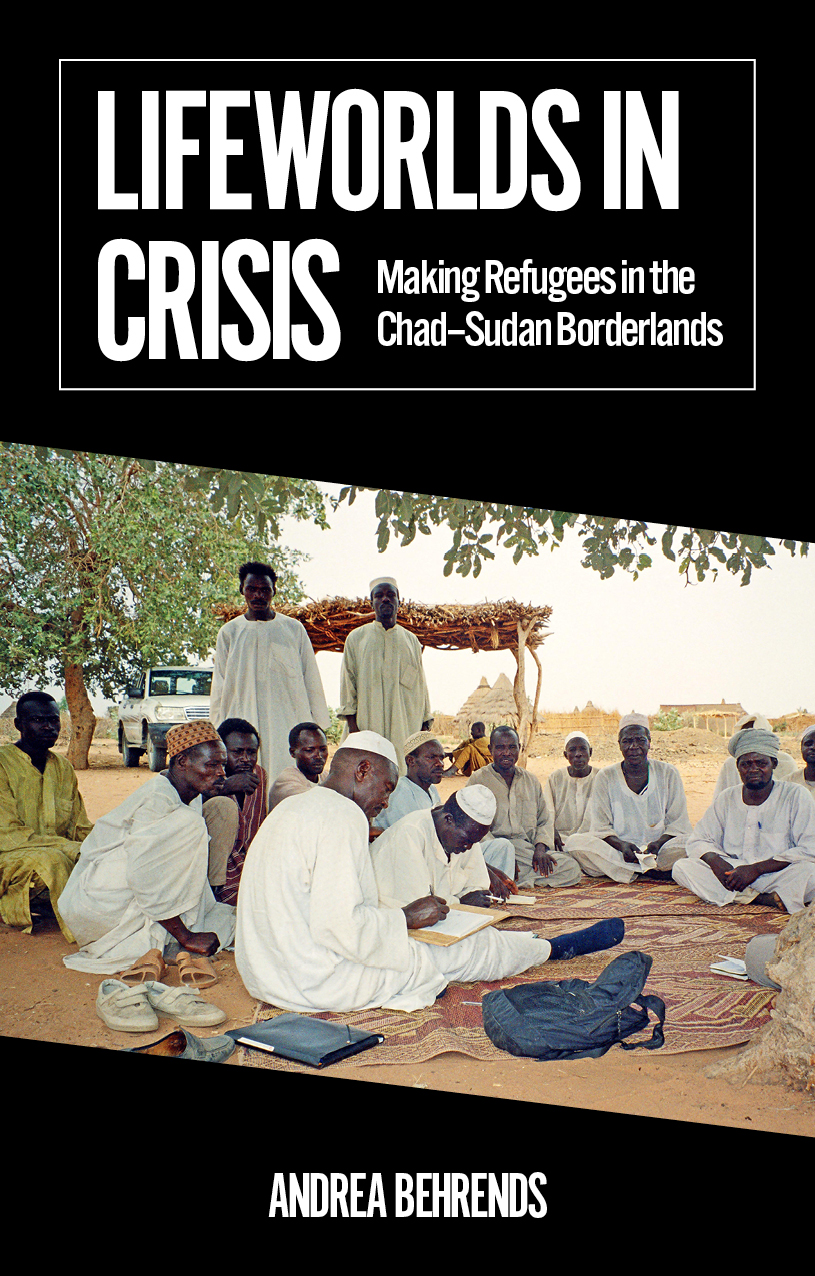
Andrea Behrends
The continuing Darfur War has caused mass displacement since 2003, with hundreds of thousands driven from their homes and many forced into refugee camps in western Sudan and neighbouring Chad. Building on twenty years of research in the region, Andrea Behrends tracks the repercussions of this conflict—sometimes referred to as the ‘first genocide of the twenty-first century’—for those living through it: those who stayed put, those who fled from rural areas to towns, those who moved to refugee camps, and those who fought. Telling the story of everyday survival on the Chad–Sudan border, an area central to state politics in the larger region, her account sheds light on how people create belonging, exchange knowledge, develop new practices and build futures in the face of extreme uncertainty.
Departing from the focus on large-scale humanitarian and military interventions associated with ‘states of emergency’, Behrends highlights the forms of cooperation and mutual knowledge production that emerge on the ground in these lifeworlds in crisis. She combines meticulous ethnographic description with theoretically grounded arguments to offer a pioneering study of how individuals have anticipated, survived and adapted to recurring crises and war in one of the world’s most economically marginalised regions.
Published for the International African Institute by Hurst Publishers
ISBN: 9781911723226, 392pp, January 2024
